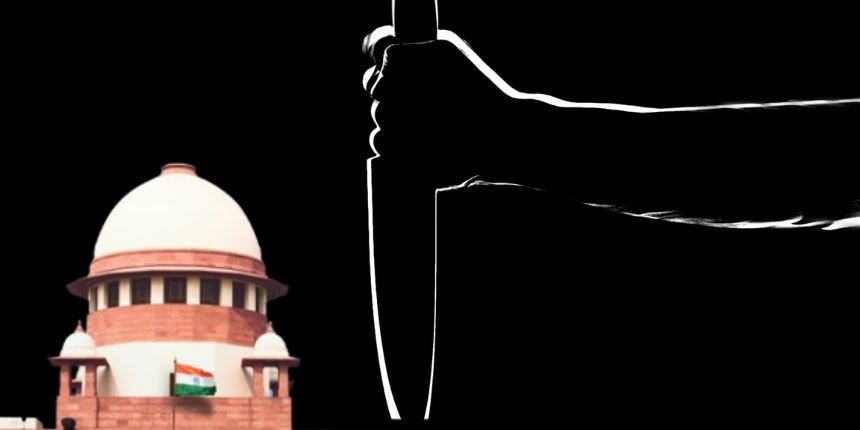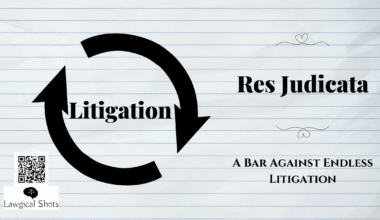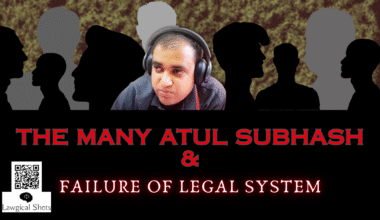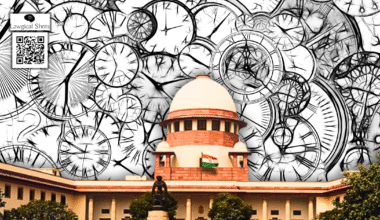The Supreme Court of India discussed the importance of serological testing to establish blood group when prosecution heavily relies on weapons recovered. It clarified that in the absence of it, recovery of weapons was not proved and it became an exercise in futility. The Division Bench of Justice BR Gavai and Justice Sandeep Mehta was dealing with Criminal Appeal No. 985 of 2010 in Babu Sahebagouda Rudragoudar and ors v. State of Karnataka (decided on April 19, 2024).
Facts of the Case
The Prosecution version reflected that the deceased and others were on their way back from the agriculture land when the appellants attacked the deceased with jambai, axe and sickle. The complainant (deceased’s father) was allegedly threatened against intervening, who hid behind the bush, returned to the village after sunset and narrated the incident to his family members.
The appellants underwent trial for offences punishable under Sections 143, 147, 148, 506(2) and Section 302 read with Section 149 of the Indian Penal Code, 1860 (IPC). They got acquitted after the Trial Court discarded the prosecution story. However, the Division Bench of Karnataka High Court allowed the State’s appeal and reversed the acquittal of 3 of them, sentencing them with life imprisonment. The said reversal of acquittal by the High Court was challenged in the instant matter.
Court’s Analysis on Acquittal Reversal
The Apex Court analysed the decision of the Trial Court and its reasoning while highlighting gaps in prosecution story.
Scope of Interference in Appeal against Acquittal
The Bench began with reiterating the principles regarding the scope of interference by the High Court in case of acquittal by the Trial Court. The Court cited Rajesh Prasad v. State of Bihar and Another (2022) and H.D. Sundara & Ors. v. State of Karnataka (2023) in this regard. The Bench therefore explained that the High Court could interfere with the acquittal if the Trial Court’s judgment suffered from patent perversity, or if it was based on a misreading/omission in considering material evidence, or if no two reasonable views were possible and only the view consistent with guilt was possible from evidence available. Even in such a case, the appellate court would have to record pertinent findings on the aforementioned three factors in case of inclination towards reversing the acquittal.
The Court explained that none of the essential mandates were adverted to by the High Court when it proceeded to decide the appeal as a first Court on independent appreciation of evidence and recorded its own findings. Therefore, the Court held the High Court’s decision interfering with the acquittal as ‘contrary to the principles established by law’.
Flaws in Prosecution Evidence
The Supreme Court referred to the material infirmities and lacunae in the prosecution case. It highlighted the fact that none of the persons accompanying the deceased received a single injury. The Bench picked on patent infirmities, contradictions and inherent loopholes in the testimony of the complainant father, categorising him as a ‘wholly unreliable witness’.
The Apex Court commented that “The conduct of the family members of the deceased and the other villagers in not taking any steps to protect the dead body for the whole night and instead, casually going back to their houses without giving a second thought as to what may happen to the mortal remains of the deceased, lying exposed to the elements is another circumstance which creates a grave doubt in the mind of the Court that no one had actually seen the incident and it was a case of blind murder which came to light much later.” The Bench also accepted the defence counter that since it was raining incessantly, the deceased and his companions could not possibly attempt to put up a bund on their land. The Court concluded that the complainants created eye witnesses of the incident and also suppressed the true genesis of occurrence.
Medical Evidence – Recovery of Weapon not Proved
The Court referred to the version of Medical Jurist who disclosed that the deceased’s dead body was in a stage of decomposition. It meant that the death took place more than 24 hours prior to autopsy. The same created doubts on the prosecution story of the date and time of the incident. Coming to prosecution’s heavy reliance on recovery of weapons, the Court highlighted the difference in dates of recovery as per the Investigating Officer and the complainant. It went on to discuss the admissibility of disclosure statements. In addition the Apex Court took note of the fact that the prosecution did not procure any serological opinion to establish blood group on the weapons recovered by Police. The said fact rendered the recoveries as meaningless and an exercise in futility, as remarked by the Court.
Conclusion
The Bench doubted the trustworthiness of the eye witnesses and prosecution case, and remarked that “the entire prosecution case comes under the shadow of doubt”. Therefore, the Court allowed the instant appeal and upheld the Trial Court’s decision of acquittal of the appellants.








